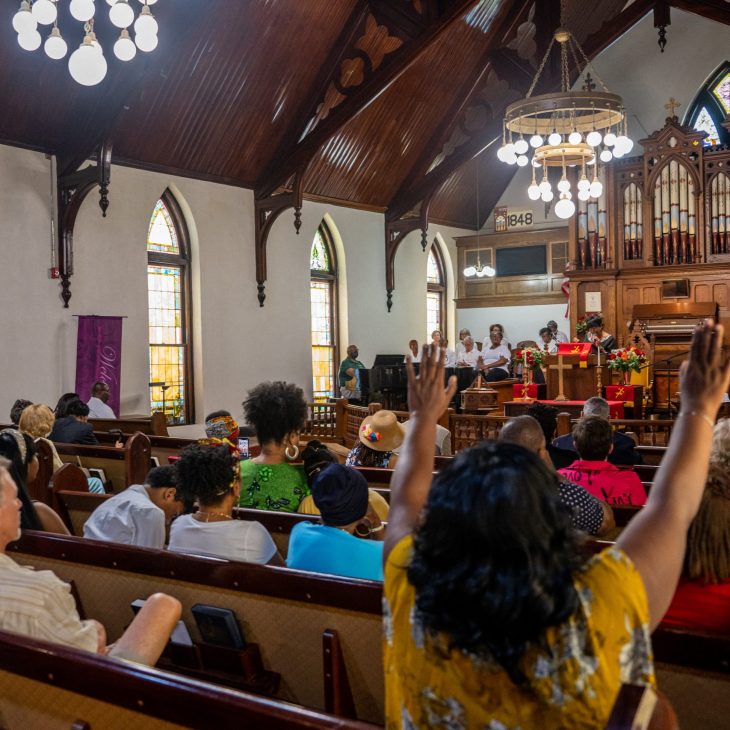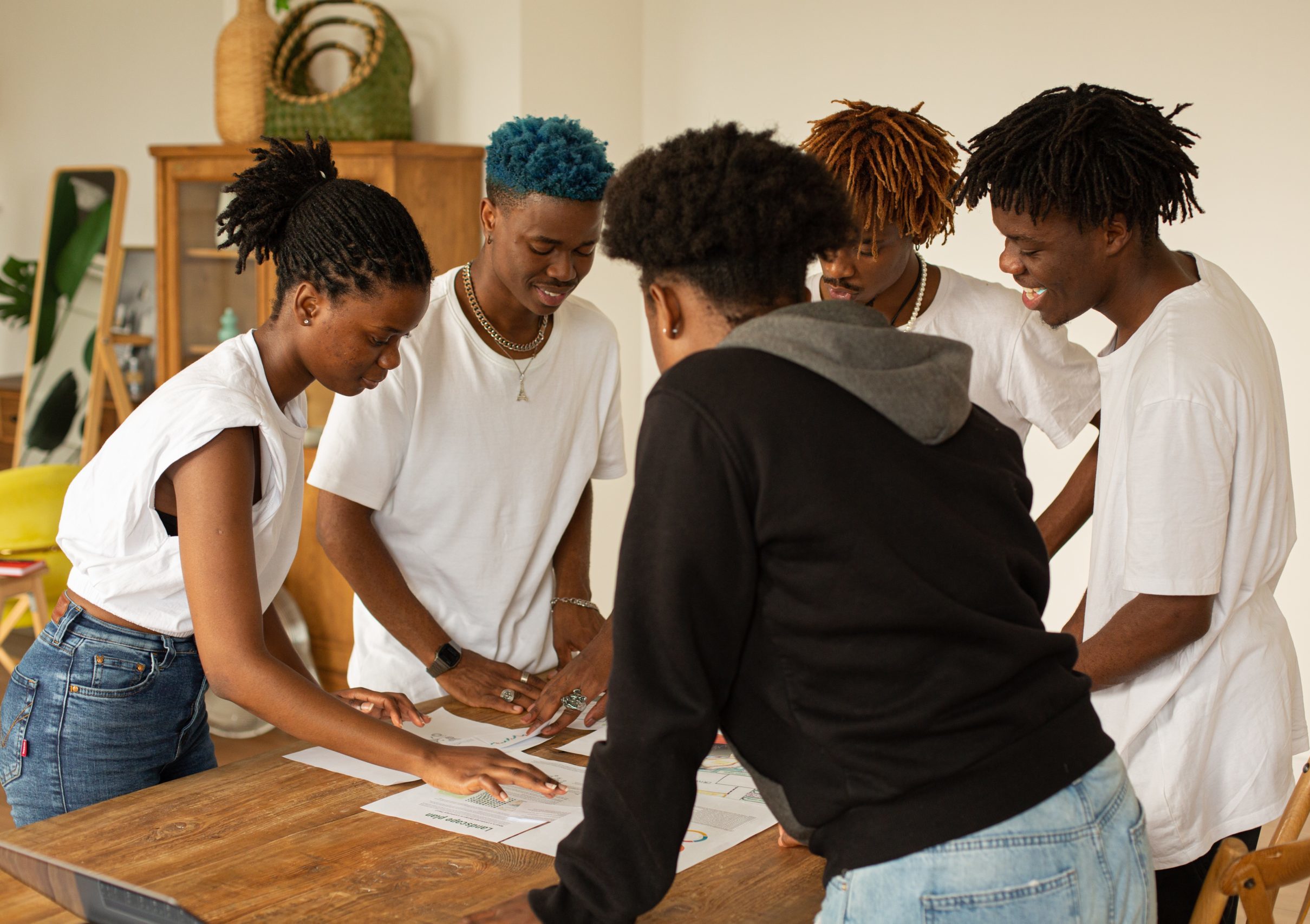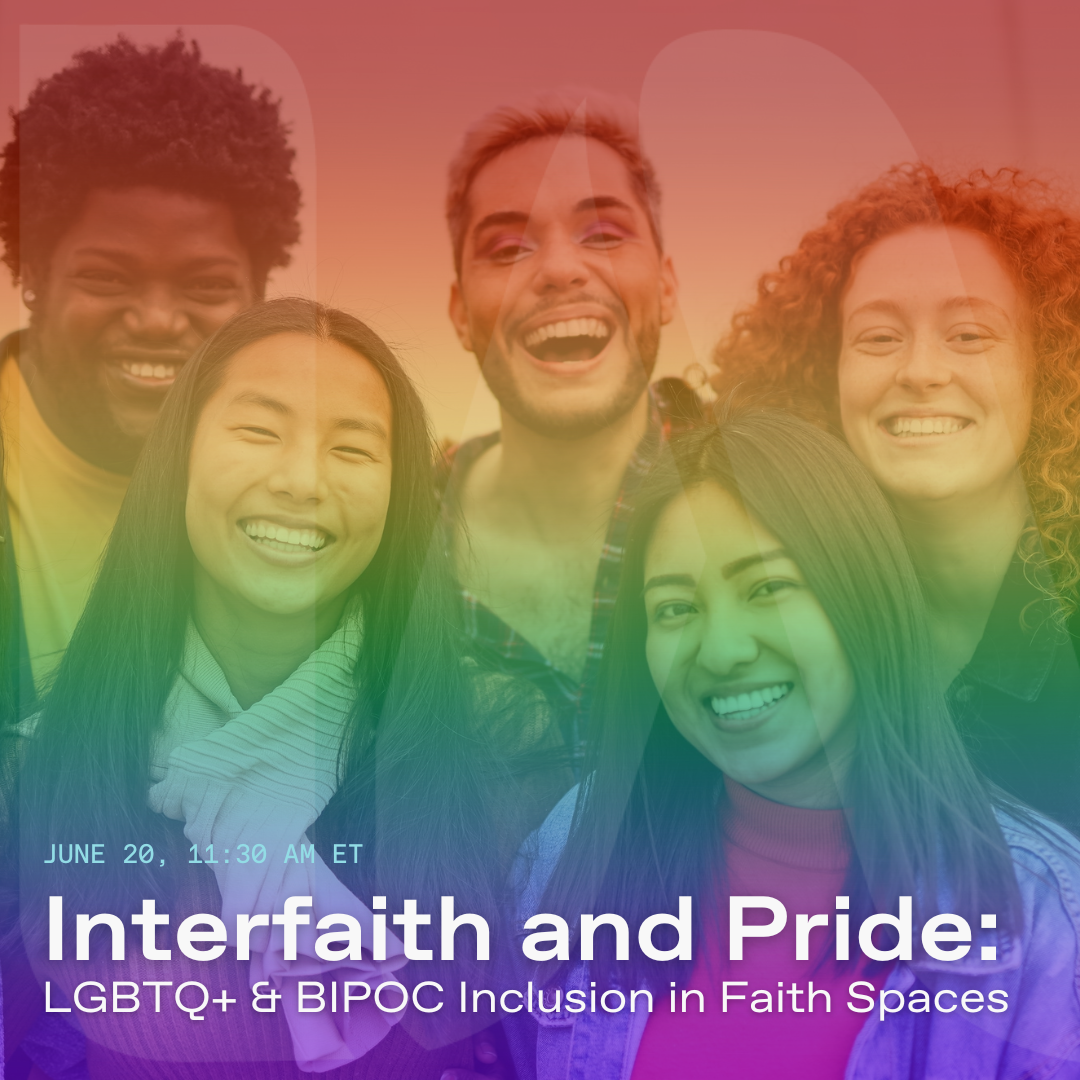Emancipation Days: The 20th of May, Juneteenth, and Why Both Matter
June 16, 2022

I didn’t grow up knowing of Juneteenth, but I did know of the 20th of May.
My family traces its lineage through Jefferson County, Florida, one of the most rural parts of the state and one of the only counties where you will not see a single traffic light. On the 20th of May in 1865, the Emancipation Proclamation was read on the steps of Knott House by Union Brig. Gen. Edward McCook, letting the enslaved peoples in Florida know they had been freed—a full two years after the document was issued by President Abraham Lincoln.
My mother and aunt still tell stories about celebrating the 20th of May in their hometown of Monticello, Florida. “As a child I remember we had a big picnic. People cooked food in cast iron pots over an open fire and there would be many different dishes and lots of desserts. Men would cut down a couple of small trees and make tables that would go on forever and a day since there was so much food. Everyone brought their families. Kids would be running around and playing marbles. It was a huge community celebration– and always on the 20th of May– no matter what day of the week it fell on. School buses would drop kids off at the decided location of the celebration, which was usually a church. Those who didn’t have a school bus arrived in horse and buggy or on foot. It was a celebration of liberation for all of us,” my aunt told me.
“So do you recognize Juneteenth also?” I asked her. “Is there a celebration then too?”
“We celebrate the 20th of May since that is our Emancipation Day as Floridians,” she answered. “But we recognize that liberation for Black folks in this country has never been a one-off event. Our freedom story has always been a push-and-pull kind of thing. We experience progress and backlash at the same time. There has never been a single moment of liberation for all Black people all at once in this country, and we need to do a better job teaching future generations about every step that was taken to get us to Emancipation Day—whatever day it is celebrated.”
Share
Related Articles

Racial Equity Program
Black Interfaith Project
Spotlighting the longstanding diversity of Black religious life.
Learn moreAs we continued to talk, I learned more about how people have come together to keep the tradition of the 20th of May going. Community of Friends of Jefferson County, Inc., a local nonprofit, was intentionally created by a small group of friends who grew up celebrating the 20th of May in the 1950s to keep the public celebrations going in towns across the county. For the last decade the group has sponsored 20th of May celebrations featuring talks given by local historians as well as the traditional community picnic.
There has never been a single moment of liberation for all Black people all at once in this country, and we need to do a better job teaching future generations about every step that was taken to get us to Emancipation Day—whatever day it is celebrated.”
Though Juneteenth is now the federally recognized holiday, it is important to remember that Black communities that celebrate their Emancipation Day on different days have been advocating to have those days additionally recognized by their jurisdictions. For years local organizers from Tallahassee to Miami have pushed back on the state recognizing Juneteenth as Florida’s official state holiday because it erases the true history and lived experience of Floridians who know the 20th of May as their Emancipation Day. Many of these efforts have advocated public recognition of both days to teach all Americans to grapple with the complicated legacy of slavery, the pervasiveness of it and the trauma it caused. Such recognition would force us to face the reality that freedom and justice for Black Americans has always been delayed. To nationally recognize this history more than once per year ought to give us pause and bring us closer to making our nation’s ideals of freedom and justice a reality for all.
Though celebrating Juneteenth is not part of my family’s tradition, I appreciate the opportunity to pause with people across the country to acknowledge the lives of the four million Black people enslaved by America, and their descendants, whose legacies of liberation are ongoing and should be celebrated every day.
Alexis Vaughan is the Director of Racial Equity Initiatives at Interfaith America.

Webinar
In celebration of Pride Month, IA hosted a discussion between a panel of faith leaders who create LGBTQ+-affirming places of religious and spiritual expression.
Watch recording


